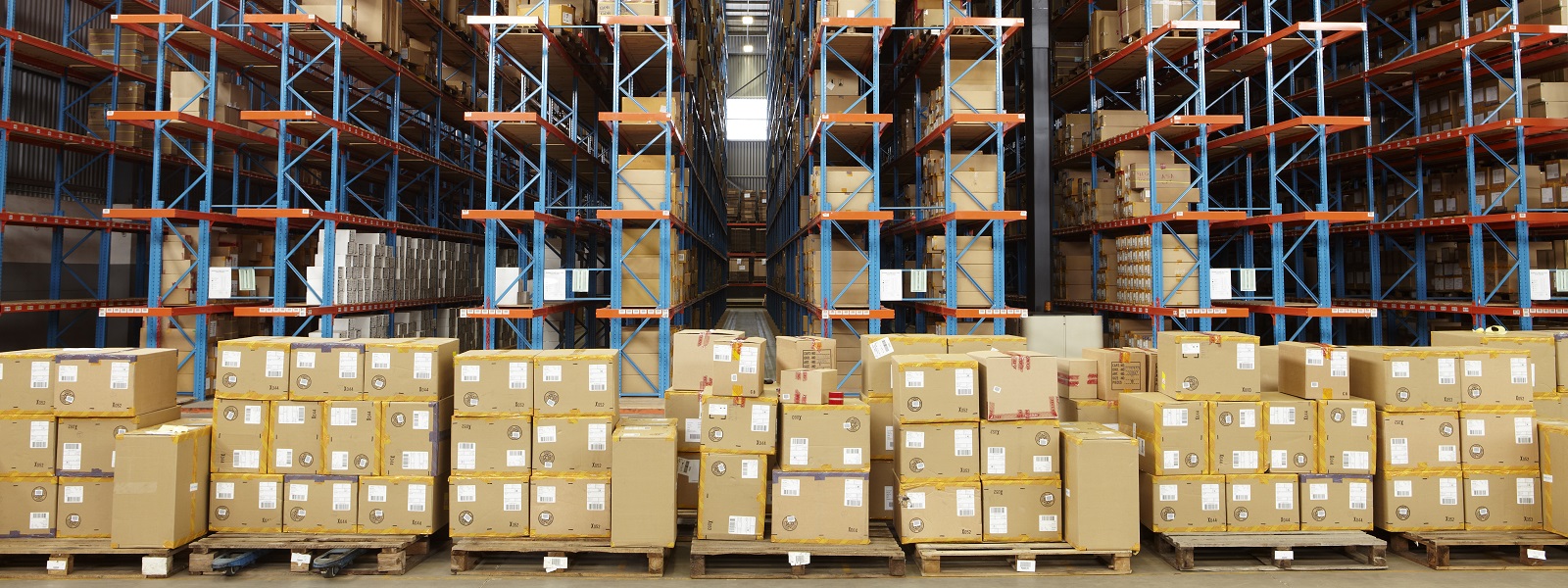The convergence of technology with other sectors has been the driving force behind much of Israel’s tech boom in the past decade. And in 2017, Intel’s acquisition of Mobileye, a developer of ADAS (advanced driver assistance systems), for US$15 billion thrust Israel’s automotive technology (autotech) industry firmly into the spotlight.
Even before this deal, Israeli autotech had been thriving, with investment and the number of autotech-focused startups expanding over the last decade. Back in 2013, for instance, Google acquired Israeli digital mapping firm Waze for US$966 million.
And while there have been few other deals of comparable size, the ecosystem of automotive startups in Israel is vibrant, thanks to easy access to funding from local and international VC firms and connections to the automotive industry.
There are an estimated 550 startups focused on mobility and automotive in Israel, according to a report published last October by consultancy firm Roland Berger. Meanwhile, investment totaling US$18.4 billion has flowed into 40 Israeli startups with a mobility focus and a further 300 startups developing technologies with applications to the automotive industry, according to McKinsey.
Even if the outlier Mobileye megadeal is stripped out, McKinsey calculates that annual autotech investment in Israeli grew by 400% from 2010 through 2013 and the same again from 2014 through 2018, putting Israel in fourth place globally for investment in autotech, behind the US, China and the UK and ahead of traditional automotive powerhouses such as Germany and Japan.
Corporates, VCs and corporate VCs
Key to the growth of the autotech ecosystem in Israel has been integration into the global automotive sector. According to McKinsey, 10 out of the 15 largest car manufacturers in the world have opened offices in Israel, with eight of these teams conducting R&D and/or working together with Israeli autotech startups.
Some of these OEMs, such as GM, have had a presence in the region for more than a decade, but the likes of Daimler, Ford and Hyundai have only come into the region since 2017, a vindication of the progress and growth of autotech in Israel. Tier-1 suppliers, including Bosch, Denso and Continental, have followed their clients into Israel and established a local presence.
The country’s startup ecosystem is not only accustomed to working with multinationals on innovation, it is also well-versed in raising funding from venture capital. Previous waves of successful startup exits have created a robust ecosystem of local early-stage funds, as well as networks and connections with larger VC markets, particularly in the US. Israel is also home to one of the only mobility-focused VCs in the world, Maniv Mobility, which recently raised a US$100 million fund.
Sometimes the local autotech industry’s connections with established automotive firms and VC firms converge. Many global autotech OEMs and suppliers—eager to ensure they are not left out of the next generation of automotive and mobility solutions—have established corporate VC funds.
Innoviz, an Israeli developer of light detection and ranging (LiDAR) systems, has received investments from automotive suppliers Delphi, Magna and Harman, for instance. Daimler has been active in investing in mobility and autotech startups, including Israeli electric vehicle battery firm StoreDot and connected vehicle startup Anagog.
Unique abilities
Innovation and advancement in the autotech subsector is hardly surprising given Israel’s unique track record of combining entrepreneurship with investment in R&D. The World Economic Forum ranked Israel number one in entrepreneurial culture in its 2019 Global Competitiveness Report. And according to UNESCO, Israel is the number one country in the world in terms of number of researchers per capita, with 8,250 researchers in the country per million inhabitants.
It is also the second-highest ranked country in the world in terms of spending on R&D as a percentage of GDP, at 4.2%, right behind South Korea. Not only does the country have strong capacity for R&D, the local tech industry has greater experience working on hardware development, unlike many other tech hubs such as Silicon Valley, which are primarily software focused.
Israel is also ahead of the curve on defining a regulatory regime for the management of emerging transportation technologies. In August, Tel Aviv instituted sweeping new licensing regulations for shared scooter and bicycle companies, limiting the number of vehicles on the streets and parking locations, in an effort to balance public safety with the burgeoning popularity of the shared vehicle services.
The Israeli government is doing its part to accelerate the autotech boom. In January of 2017, the Israeli Innovation Authority allocated US$65 million to spur innovation in the auto industry. Formerly the Office of the Chief Scientist, the Innovation Authority provides the majority of state grants to companies involved in R&D, paid back in the form of royalties calculated according to the value of sales connected to the R&D performed with the state’s funding and the level of the Authority’s participation in the company’s R&D. The Innovation Authority has even founded an Alternative Fuels & Smart Transportation Administration to grow Israel’s high-tech mobility sector through events like the one sponsored annually by Ecomotion, which this year attracted hundreds of vehicle industry leaders.
The country’s strengths in R&D and high-tech are boosted by the military and intelligence community, particularly when it comes to communications technology and cybersecurity. Alumni of the elite signals intelligence organization Unit 8200 have gone on to found many successful technology startups, including automotive ones like Argus Cyber Security, which was acquired by Tier-1 supplier Continental in 2017 for US$430 million, only four years after it was founded.
Given the dynamism of the ecosystem, it is likely we will see the further flourishing of autotech in Israel, as well as continued interest from established players in the sector, taking a mix of approaches: innovation partnerships, joint ventures and corporate VC investments, as well as outright acquisitions.
To research Mergermarket data on the Transportation sector, visit M&A Explorer and choose “Transportation” from the SECTOR list.





